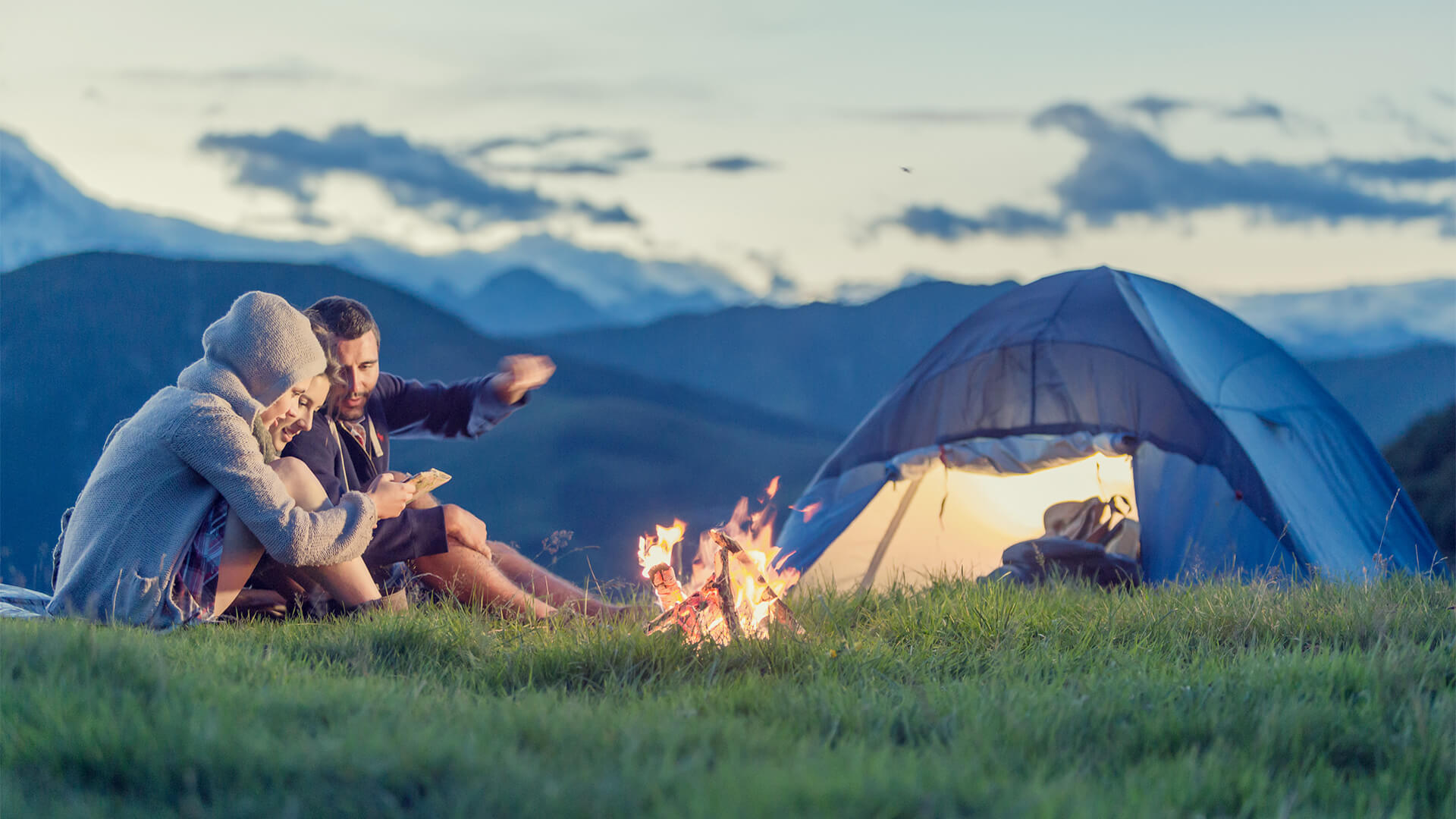Camping trips are a great way to reconnect with nature, escape the hustle and bustle of everyday life, and create lasting memories with friends and family. However, before embarking on your outdoor adventure, there are several essential factors to consider to ensure a safe, enjoyable, and successful camping experience. From planning and preparation to equipment and safety, this article will guide you through the critical considerations before going on a camping trip.

1. Destination and Research
Selecting the right camping destination is crucial to the success of your trip. Consider factors such as the distance from your home, the terrain, weather conditions during your planned dates, available amenities (if you prefer more comfort), and any specific activities you wish to engage in, like hiking, fishing, or birdwatching. Research the location thoroughly, looking into camping regulations, permits, and any recent updates on trail closures or wildlife activity.
2. Season and Weather
Pay close attention to the season and weather conditions at your chosen camping site. Different seasons offer distinct experiences, and understanding the climate will help you pack appropriate clothing and gear. Prepare for sudden weather changes, particularly in mountainous or coastal regions. It’s best to bring extra layers and waterproof clothing to stay comfortable during your trip.
3. Camping Equipment
Ensure you have the necessary camping equipment for a safe and comfortable stay. The essentials include a reliable tent, sleeping bags, sleeping pads or air mattresses, camping stove, cookware, and lighting equipment like flashlights or headlamps. Depending on your activities and the location, additional gear such as hiking poles, fishing gear, or bear canisters might be necessary. Test your equipment before the trip to ensure everything is in working order. Buy tactical shotguns for a safe and secure camping.
4. Packing and Supplies
Efficient packing is key to a successful camping trip. Create a comprehensive checklist of essential items such as food, water, first aid kit, toiletries, insect repellent, sunscreen, and a map or GPS device. Pack lightweight, dehydrated meals and snacks to minimize food weight while maximizing nutrition. Always carry enough water or have a reliable water purification method. Remember to pack out all trash and leave no trace of your presence in the wilderness.
5. Safety Precautions
Safety should always be a top priority when camping. Inform someone you trust about your planned trip, including your itinerary and expected return date. Familiarize yourself with the area’s potential hazards, such as wildlife encounters, poisonous plants, or extreme weather conditions. Learn basic first aid and bring a well-stocked first aid kit. If camping in a remote area, consider carrying a satellite phone or emergency beacon for communication in case of emergencies.
6. Leave No Trace
Respect the environment and practice the principles of Leave No Trace. Minimize your impact on the ecosystem by staying on designated trails, disposing of waste properly, and refraining from disturbing wildlife. Avoid creating new fire rings and only use established fire pits if permitted. Leave your campsite as you found it, if not in better condition, for others to enjoy.
Conclusion:
A successful camping trip requires careful planning, preparation, and an understanding of the natural surroundings. Choosing the right destination, being prepared for the weather, having the necessary equipment, packing efficiently, and prioritizing safety are all critical aspects to consider before embarking on your outdoor adventure. By following these guidelines and respecting the environment, you can ensure a memorable and enjoyable camping experience while preserving the beauty of nature for future generations. So, lace up your hiking boots, gather around the campfire, and get ready to create cherished memories on your next camping trip!